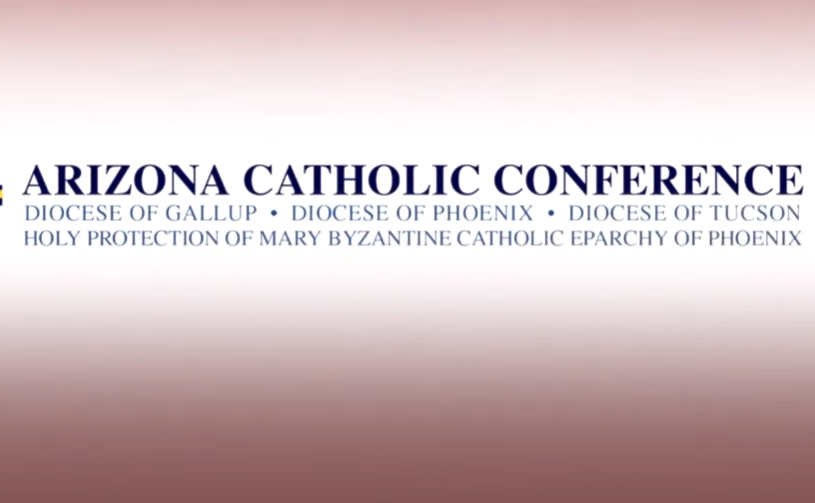
(LifeSiteNews) — The Catholic bishops of Arizona have come out in “strong opposition” to a ballot proposal they say will permit “virtually unrestricted abortion” in the state if approved.
In a press release issued August 30, the bishops of the state’s three dioceses condemned Proposition 139, which has been spearheaded by the pro-abortion coalition “Arizona for Abortion Access.”
In the statement, the bishops argue that the measure’s “vague language” is dangerous because it could result in state lawmakers losing “the ability to regulate abortion in any meaningful way.”
They also maintain that if the amendment is approved it would “likely remove most safeguards for girls and women that are currently in place at abortion clinics, permit a minor to obtain an abortion without parental involvement or permission, and allow for painful late-term abortions of viable pre-born children.”
In May, liberal Democratic Gov. Katie Hobbs repealed a near-total abortion ban that was set to take effect in the state, leaving abortions legal until 15 weeks. The ban was initially triggered after Roe v. Wade was overturned in 2022 and after the state’s highest court ruled 4-2 in April in favor of a law dating to 1864 that outlawed abortion in the state except when allegedly “necessary” to save a mother’s life.
Arizona Republican Senate candidate Kari Lake came out against the Court’s decision at the time in a flip-flop by echoing remarks made by Donald Trump, who said it went “too far” and needed to be “straightened out.” Lake said she “oppose(d) today’s ruling” and was “calling on Katie Hobbs and the State Legislature to come up with an immediate common-sense solution that Arizonans can support. Ultimately, Arizona voters will make the decision on the ballot come November.”
Lake previously said during her unsuccessful bid for governor in 2022 that abortion is the “ultimate sin” and that Arizonans “have a great law on the books right now.”
Since then, pro-abortion forces in the Grand Canyon State have conducted a full-court press to ensure women can legally end the life of their pre-born child. Part of their strategy included legally challenging the informational pamphlet mailed to voters drafted by the state legislative council about the measure. The pamphlet had said that abortion may refer to an embryo or fetus as an “unborn human being.”
A lower court agreed that the text was “packed with emotion and partisan meaning,” but the state’s Supreme Court reversed that ruling in late August. Republicans who helped draft the text argued the description was accurate over opponents who insisted it was “biased.”
Arizona Republican state Rep. Barbara Parker filed an amicus brief challenging Proposition 139’s “vague and misleading language,” which she says “conceals its true impact: stripping Arizona courts of their power to apply traditional legal standards to abortion legislation.”
Americans will vote on 11 abortion-related ballot measures in November. Arizona, Colorado, Florida, Maryland, Missouri, Montana, Nebraska, New York, Nevada, and South Dakota will all vote on proposals to weaken or eliminate state pro-life laws, and Nebraska also has an amendment that would ban late-term abortion competing with the pro-abortion amendment.
The bishops of the state of Arizona are Most Rev. John P. Dolan of Phoenix, Most Rev. Edward J. Weisenburger of Tucson, Most Rev. James S. Wall of Gallup, and Most Rev. Eduardo Nevares, an auxiliary bishop of Phoenix.

